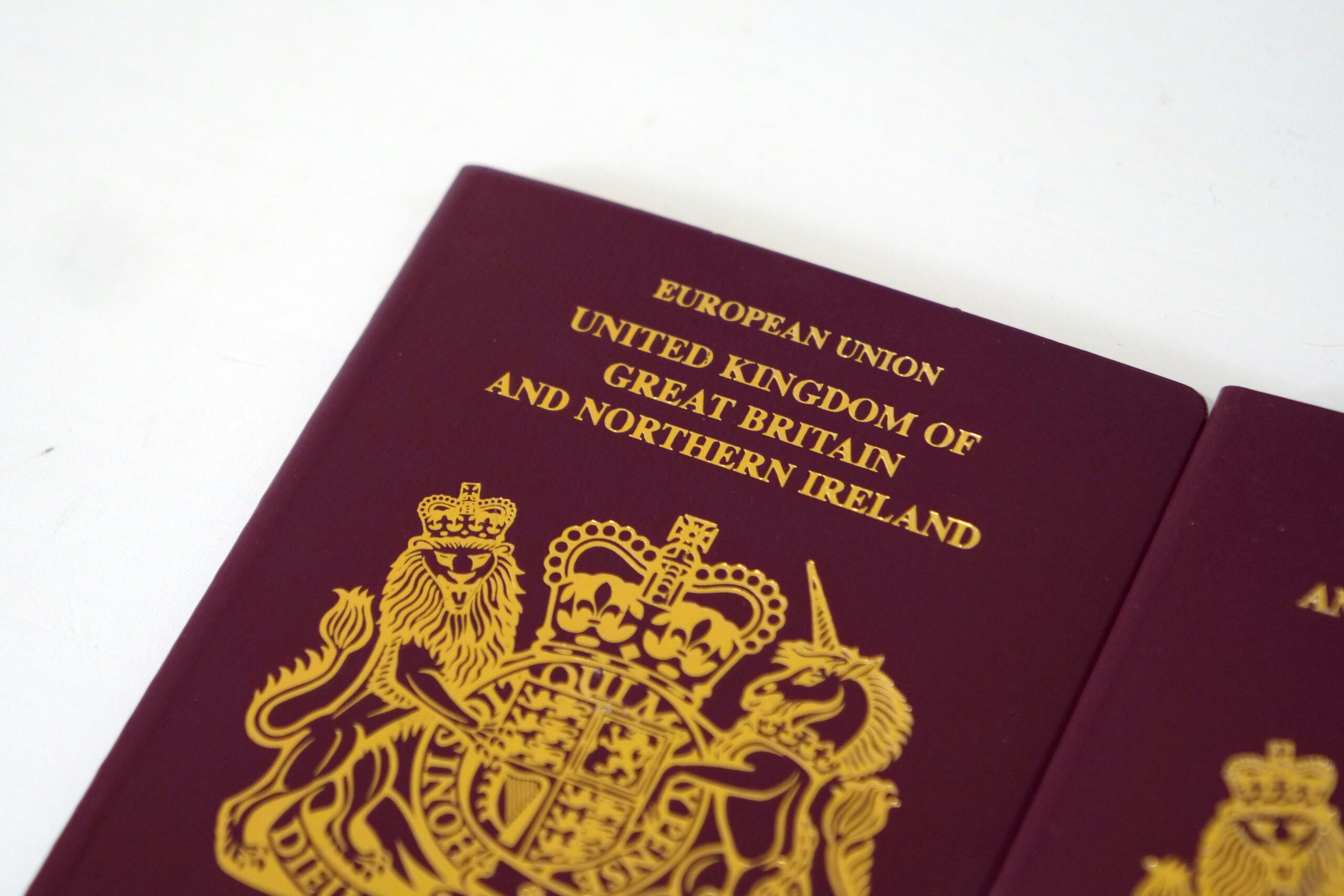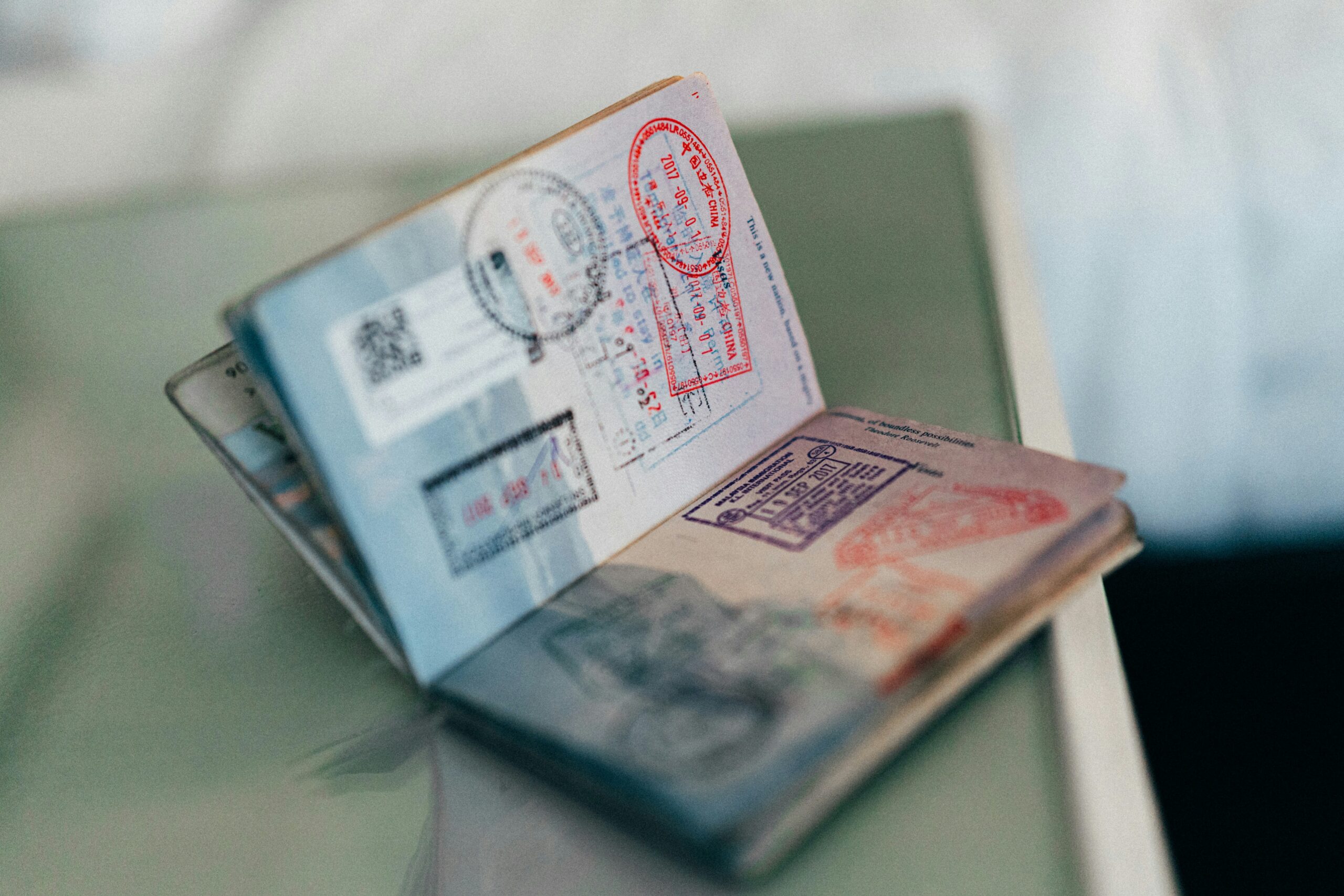Deportation Process in the UK: Rules, Appeals, and Re-Entry
Facing deportation in the UK can be an overwhelming and emotional experience, but it’s important to know that there are legal options to challenge it. By understanding the appeal process, gathering the right documents, being aware of the costs involved, and meeting critical deadlines, you can take meaningful steps to fight for your right to stay.
In this guide, the Immigration Team at Richard Nelson LLP, together with Rita Kotecha, walks you through the process of challenging a deportation order—from filing your initial appeal to exploring further legal options if things don’t go as planned.
If you’re interested in a particular section, use the links below to navigate straight to it:
- What is deportation?
- Voluntary departure vs forced departure from the UK
- Who can be deported from the UK?
- UK deportation rules in the UK
- Can a British citizen be deported?
- What happens when you receive a deportation order?
- How to appeal a deportation order in the UK
- What if your deportation appeal is unsuccessful?
- If you are deported from the UK, can you come back?
- How we can help
Need help appealing a deportation order? Contact our team today for tailored advice and support to navigate the appeal process and protect your rights.
What is deportation?
Deportation is a legal process where a foreign national is forcibly removed from the UK, typically due to serious criminal convictions or when their presence is deemed not conducive to the public good.
In some cases, individuals may choose to leave the UK voluntarily, either to avoid the consequences of forced deportation or as part of an agreement with immigration authorities. However, if voluntary departure is not pursued or agreed upon, deportation usually involves forced removal by the Home Office.
Deportation differs from administrative removal, which applies when someone no longer has permission to stay in the UK, such as after their visa expires. Unlike administrative removal, deportation carries more severe consequences, including a ban on re-entry to the UK for at least 10 years unless the deportation order is overturned.
Voluntary departure vs forced departure from the UK
Individuals without legal permission to remain in the UK have two primary options for leaving: voluntary departure and forced departure.
Voluntary departure
This allows individuals to leave the UK willingly, often enabling them to avoid the more severe consequences associated with forced removal.
Opting for voluntary departure can result in shorter re-entry bans, typically around one year, especially if the individual covers their travel expenses. It’s essential to inform the Home Office of the intention to depart voluntarily.
Forced departure
This occurs when the UK government mandates an individual’s removal, often due to criminal activity or breaches of immigration laws. Forced removals can lead to longer re-entry bans, ranging from 1 to 10 years, depending on the circumstances.
The Home Office enforces these removals, and individuals have less control over the process compared to voluntary departure.
Who can be deported from the UK?
There are several reasons why people get deported from the UK. Deportation applies to non-British citizens whose presence in the UK is deemed not conducive to the public good. This includes individuals who:
- Have committed serious criminal offences, particularly those resulting in custodial sentences of 12 months or more.
- Pose a threat to national security.
- Have breached immigration laws, such as overstaying visas or violating visa conditions.
Each case is assessed individually, considering factors like the individual’s personal circumstances, family ties in the UK, and potential risks upon return to their home country.
UK deportation rules in the UK
The UK’s deportation framework is primarily governed by the Immigration Act 1971 and the UK Borders Act 2007. Under these laws, the Secretary of State has the authority to deport individuals whose presence is deemed not conducive to the public good, particularly in cases involving serious criminal offences.
The UK Borders Act 2007 mandates the deportation of foreign criminals sentenced to imprisonment of 12 months or more unless specific exceptions apply. These exceptions include situations where deportation would breach the individual’s human rights or the UK’s obligations under international treaties.
Additionally, the Immigration Rules outline the procedures and considerations for deportation, including the rights to appeal and the factors influencing deportation decisions.
Exceptions to the rule
Section 33 of the UK Borders Act 2007 sets out the statutory exceptions to deportation. The Secretary of State for the Home Department must not issue proceedings if any of the below apply to the subject:
- Their removal would breach Article 8 of the European Convention of Human Rights – private and family life exception;
- Their removal would breach the refugee convention;
- The Secretary of State believes they are under 18 at the date of conviction;
- The person is subject to the Extradition Act 2003;
- The person is subject to a hospital or guardianship order under the Mental Health Act 1983;
- Removal would contravene the UK’s obligations under the Council of Europe Convention on Action against Trafficking Human beings;
- The person has to leave under the EU withdrawal agreement or similar provisions.
These are very rarely exercised and arise in very specific circumstances. If none of these apply in a certain case there is an option of appealing the deportation decision for several reasons.
Can a British citizen be deported?
In most cases, British citizens cannot be deported from the UK. However, individuals who have been deprived of their British citizenship, often due to involvement in activities seriously prejudicial to the UK’s vital interests, may face deportation if they hold another nationality.
The Nationality and Borders Act 2022 grants the Home Secretary the power to deprive individuals of citizenship under specific circumstances, particularly if it is conducive to the public good and does not render them stateless.
Can I be deported if I have Indefinite Leave to Remain?
Having Indefinite Leave to Remain (ILR) in the UK does not provide immunity from deportation. While ILR grants the right to live and work in the UK without time restrictions, the Home Office can still pursue deportation if certain conditions are met, such as involvement in serious criminal activity or serving a lengthy prison sentence.
What happens when you receive a deportation order?
Upon receiving a deportation order, the individual is typically detained by the Home Office, although in some cases, they may be allowed to reside at their usual address under certain restrictions. The deportation order invalidates any existing leave to remain and prohibits re-entry into the UK while it is in force.
The individual will be informed of the reasons for deportation and advised of their right to appeal. It’s crucial to seek legal advice promptly to understand the implications and explore potential avenues to challenge the order.
How long does it take to get deported?
Although the Secretary of State can issue deportation papers for the intention of an individual to be deported, this may not happen for many years due to the backlog of the courts and whether the individual appeals their deportation order. There is also no specific time frame for the entire deportation process.
How to appeal a deportation order in the UK
Individuals have the right to appeal a deportation order, particularly on human rights grounds, such as the right to private and family life under Article 8 of the European Convention on Human Rights.
The process begins with submitting representations to the Home Office. If the Home Office accepts that a human rights argument exists, the individual can appeal the decision to the First-tier Tribunal (Immigration and Asylum Chamber). To do so, they must complete and submit the appeal form within the specified timeframe, usually 14 days from the decision if they are in the UK.
If permission to appeal is granted, the individual must prepare an Appellant Skeleton Argument, outlining their case against deportation with reference to relevant case law. They must also compile a bundle of supporting documents, including evidence of their life in the UK and the challenges they would face in their country of origin.
There are costs associated with submitting an appeal to the First-tier Tribunal. The appeal form, with the court fee, costs £80 for an application based on paperwork alone (without a court hearing, where a judge decides the appeal based on the information and evidence submitted). For an oral hearing, where the judge decides the appeal in person, the fee is £140. Given the complexities involved, legal representation is highly recommended.
What if your deportation appeal is unsuccessful?
If an appeal is unsuccessful, the individual may apply for permission to appeal to the Upper Tribunal on the grounds of an error of law in the First-tier Tribunal’s decision. This requires completing the IAUT-1 form and submitting it within the required timeframe. If permission is granted, the individual will need to submit evidence and grounds and comply with the UT rules.
If the appeal to the Upper Tribunal is also unsuccessful, further options include applying for a judicial review or submitting a fresh human rights claim if new evidence or circumstances arise. Given the complexity and financial implications of these processes, speaking to a lawyer is essential to explore all available avenues.
If you are deported from the UK, can you come back?
If you are deported from the UK, you will typically face a 10-year ban before you can apply to return. This ban is imposed in cases of enforced removal or where deception was used in an immigration application. However, the length of the ban can vary depending on the circumstances of your departure. For example, individuals who leave voluntarily under certain conditions may face shorter bans.
Can I come back to the UK after a voluntary departure?
If you choose to leave the UK voluntarily, the re-entry ban is usually shorter than if you were forcibly deported. For example, if you leave at your own expense, you may face only a 1-year ban. If your departure is funded by the Home Office, the ban increases to 2 years. Voluntary departure is generally a better option, as it can improve your chances of being allowed back into the UK in the future. However, each case is specific, and guidance will need to be provided on a case-by-case basis.
How we can help
At Richard Nelson LLP, we understand how stressful it can be to face deportation from the UK. Our team of expert deportation immigration solicitors are dedicated to helping you navigate the complexities of the deportation appeal process. We will assess your case, review the reasons for the deportation, and develop a tailored strategy to challenge the decision.
Whether it’s submitting an appeal to the First-tier Tribunal or applying for a judicial review, we have the experience to guide you through every step. If you’re facing deportation, contact us today to see how we can help secure a positive outcome for your case.




